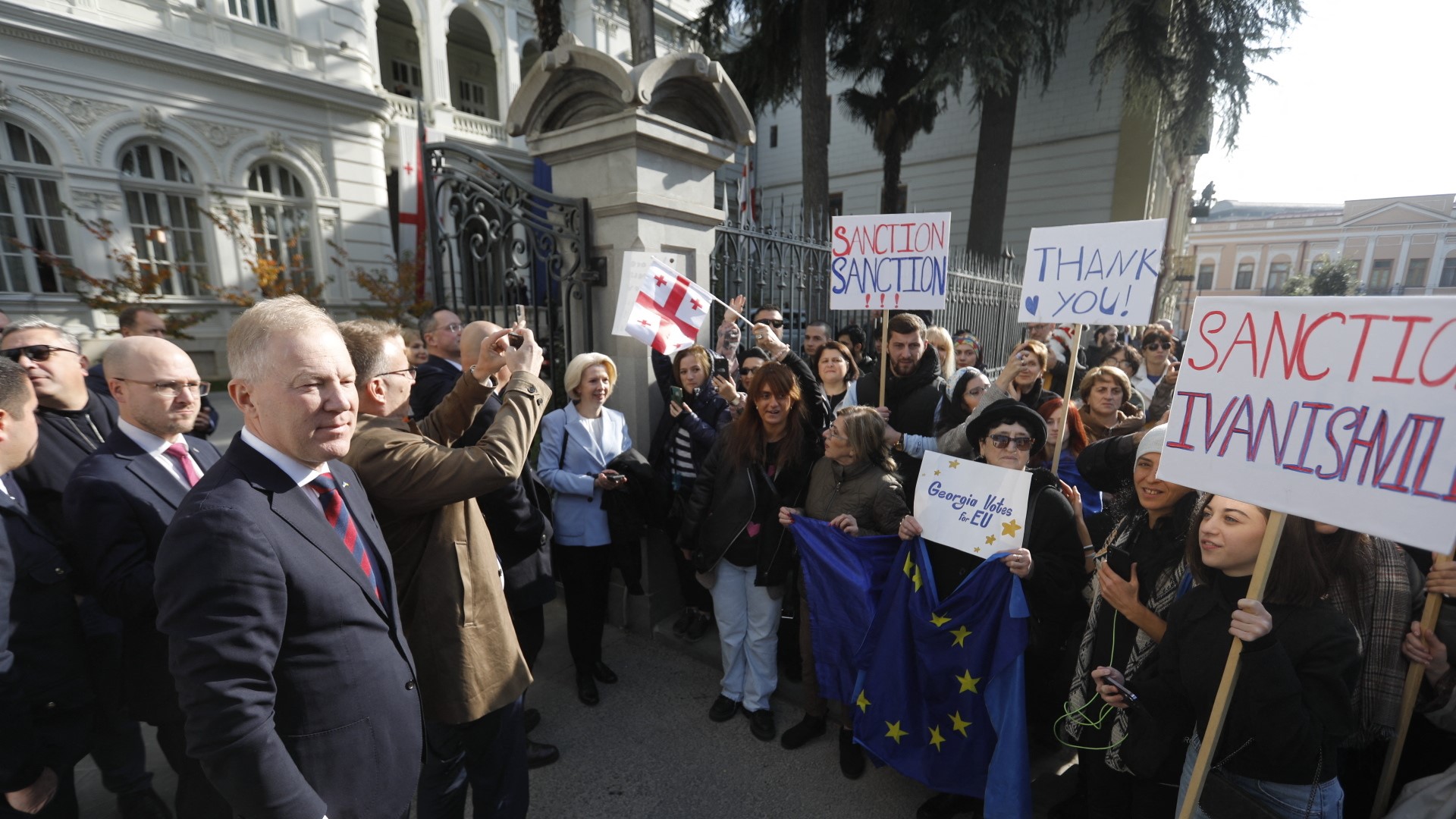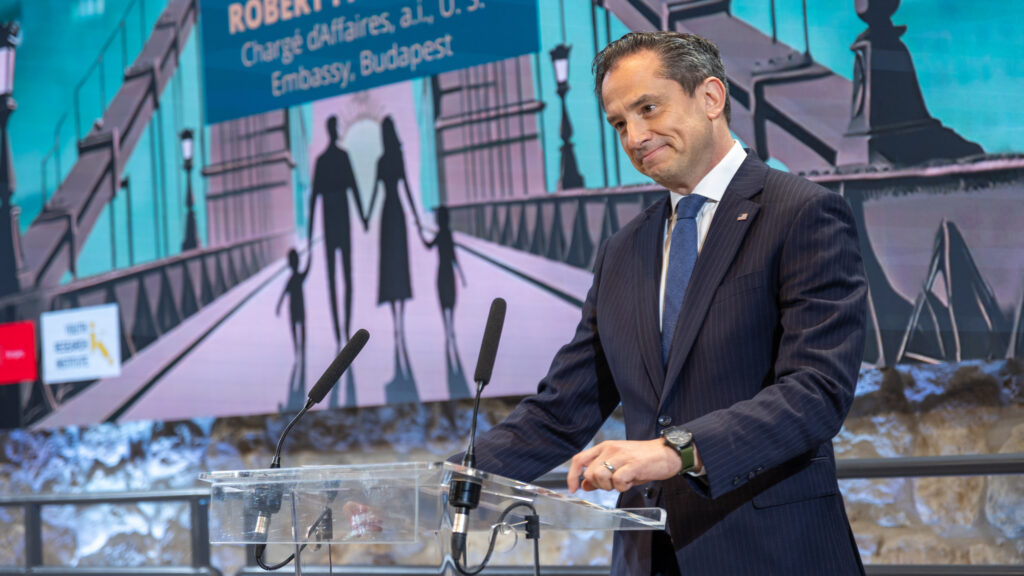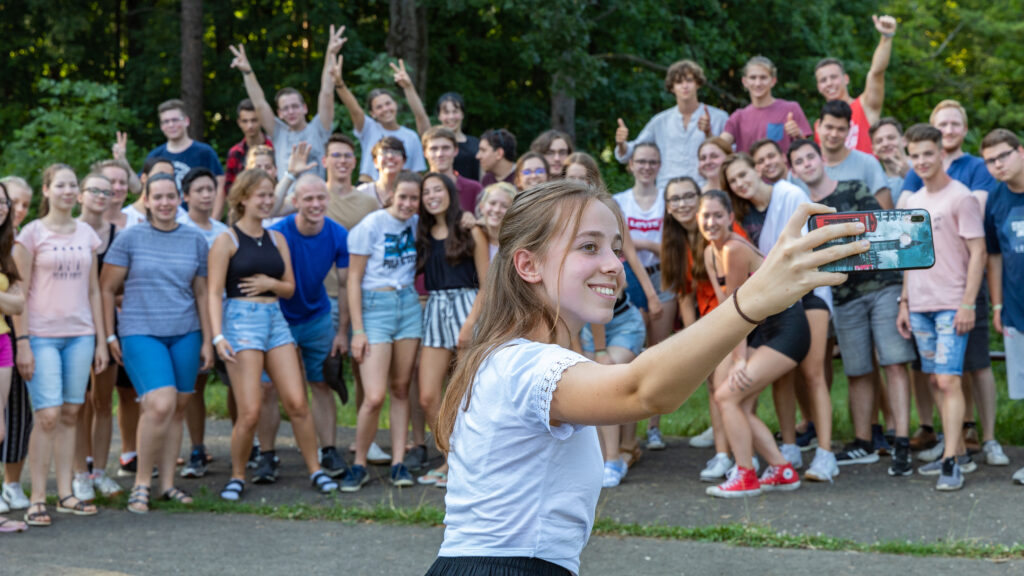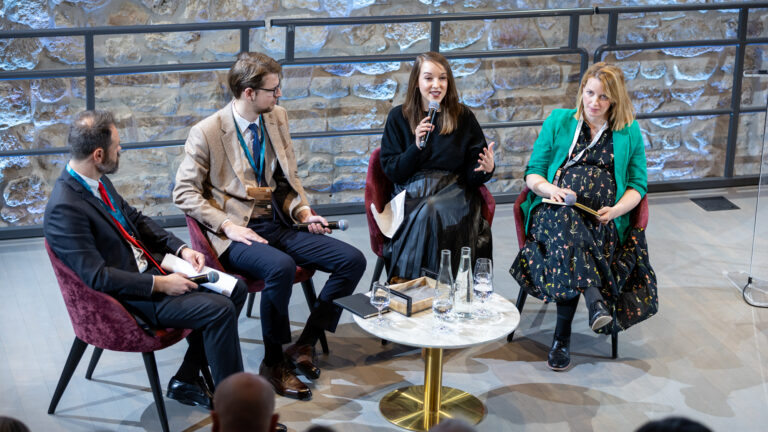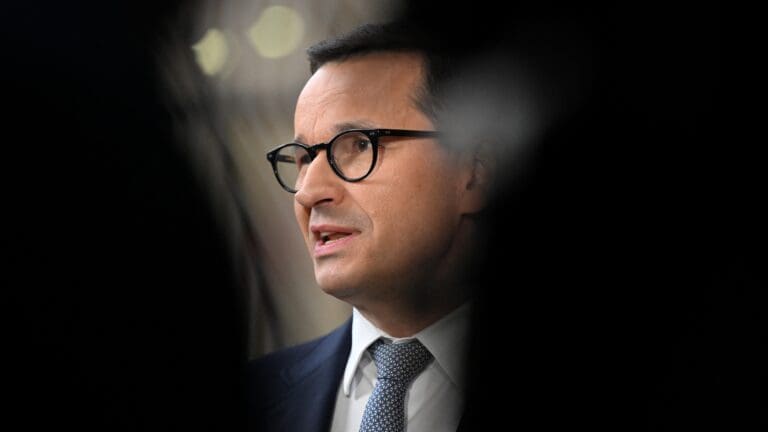In a recent interview with Hungarian Conservative, Rodrigo Ballester, Head of the European Studies Workshop at Mathias Corvinus Collegium, shared his perspective on the recent parliamentary elections in Georgia. He discussed the role of Western narratives, which often frame Georgian politics as a binary conflict between pro-Western and pro-Russian factions. Ballester argued that this view oversimplifies Georgia’s political dynamics, diverting attention from ideological divides between liberalism and conservatism. He also commented on Hungary’s support for Georgia’s electoral process, warning that international misinterpretations could destabilize the region and strengthen external influences, notably from Russia.
***
How do you interpret the recent parliamentary election results in Georgia? Do you believe the reported percentage reflects the true democratic choice of the Georgian people?
I believe the election results do reflect the political opinion of the majority of Georgians, it was not a stolen election, as some claim. Since 2012, Georgia has held four elections, and until now, no concerns were raised about fraud or electoral manipulation, only now, in 2024, under the close scrutiny of 76 international organizations and 111 local ones? Also note that the opposition is fragmented and was not even close to dispute the victory to the incumbent party. Hence, the suspicion of a massive fraud under the eyes of thousands of international observers in a country of 3.7 million people are simply not credible.
There has been significant international criticism, with allegations of election manipulation by ‘pro-Russian’ factions. In your opinion, to what extent is the West vs. Russia framing an accurate lens for understanding Georgian politics?
This ‘West versus Russia’ framing is a wrong and deceitful lens to read the elections. The current government, led by the Georgian Dream party, is not pro-Russia, it is actually pro-EU, like the huge majority of the Georgian society. Georgia’s reality is that 20 per cent of its territory is occupied by Russia, and in November 2023, a Georgian citizen was killed by Russian troops. The Georgian government actively protests this occupation in every international forum, including the UN and the EU. Labelling this government as pro-Russian is factually wrong, if not grotesque, manipulative and insulting. Today, accusing a government of being pro-Russian is a tactic used in some Western circles to discredit political opponents without evidence and a way to polarize the political debate to its own benefit. The real question is not whether the Georgian Dream party is pro EU or pro Russia, the real point is whether it is too conservative and sovereigntist in the eyes of its international critics. This is what is at stake.
How do you think international reactions, particularly from the European Union and the United States, influence or shape Georgian internal politics?
The European Union and the United States have significant influence in Georgian politics, especially now that Georgia obtained EU candidate status in December 2023. However, I am concerned that the EU uses this status as a tool for political pressure rather than as a partnership. For example, in its conclusions of June 2024, the European Council explicitly said that the adoption of the law on the transparency of foreign influence “de facto leads to an halt of the accession process”. The European Commission recently published a report advising against opening negotiations with Georgia, citing issues such as a law on family protection, which some European circles deem discriminatory against sexual minorities. Once again, it really seems that the pro and anti-Russia debate is a proxy for an ideological crusade. This raises a fundamental question: Can a candidate for EU membership still hold conservative views?
Could you share your perspective on the potential impact of Hungary’s recent visit to Georgia on European diplomatic relations and the Caucasus region in general?
Prime Minister Viktor Orbán’s recent visit to Georgia is significant, as both Hungary and Georgia face similar pressures. Hungary, within the EU, and Georgia, outside the EU, both face accusations of being ‘pro-Russian’ and infringing the rule-of-law issues. In both case, we witness double standards, Georgia compared to Moldova where the incumbent President Maia Sandu won the elections literally for an handful of vote; and Hungary with other Member states where the situation of the situation of the rule of law is extremely worrying with the EU’s resounding silence for example Spain and Poland. Regarding Sandu, I am not saying the elections in Moldova were rigged, I personally welcome the results. I simply highlighting that those pointing at a fraud in Georgia for a large victory are silent on Moldova despite a very tight final results. I doubt the EU would have raised any concerns if the opposition would have won the elections, even by a small margin. Given the risk of destabilization, it was important for Hungary, especially as an EU member holding the Council presidency, to affirm that election results should be respected.
Given the current political divisions and the President’s refusal to recognize the election outcome, what do you foresee as the main challenges for political stability in Georgia?
The main threat to Georgia’s stability, in my view, is President Salome Zurabishvili’s refusal to recognize the election results, along with her unproven accusations. Her actions are not just divisive; they are potentially destabilizing and could lead to what could be called an attempted coup d’état. The attitude of the European Union will be crucial in the coming weeks. If the international community fails to acknowledge this clear victory for the Georgian Dream, the country could face civil unrest. Ironically, this instability would make Georgia more vulnerable to Russia—a risk that Western powers should take seriously.
What steps, if any, can European institutions take to support the democratic process in Georgia without appearing to interfere in its sovereignty?
The best course for European institutions would be to clearly recognize the election results and engage with the current Georgian government as a legitimate interlocutor. Failing to do so risks casting the EU as an autocratic, centralized power that disregards the will of the people. The EU must be seen as a promoter of democracy, first and foremost, by acknowledging the voters’ choice.
Rodrigo Ballester’s perspective offers a nuanced challenge to the prevalent narrative surrounding Georgia’s recent elections. He argues that labelling the Georgian Dream government as ‘pro-Russian’ simplifies a complex political reality, one in which the real division lies not along geopolitical lines, but rather within an ideological struggle over conservatism versus liberalism. Ballester cautions that the European Union and Western actors must tread carefully, as their influence carries significant weight in shaping both domestic stability and regional alignments. Recognizing Georgia’s election results, he contends, is paramount to respecting the democratic will of its people and supporting the country’s sovereignty. In a rapidly changing geopolitical landscape, Ballester’s view underlines the need for Western institutions to adopt a balanced approach—one that champions democratic principles while respecting Georgia’s autonomy in navigating its path forward.
Related articles:

